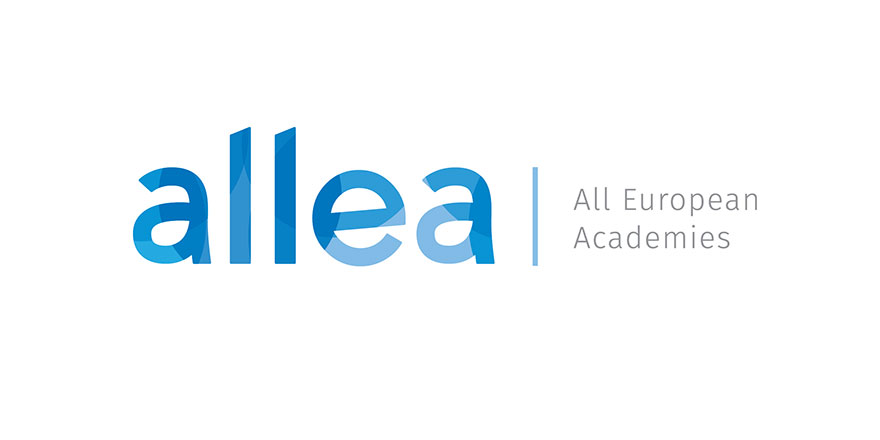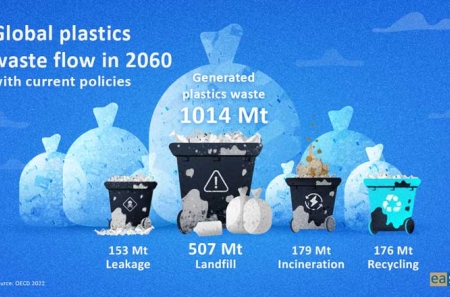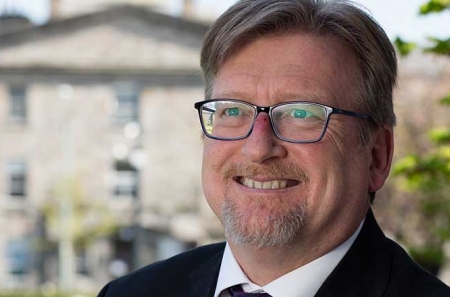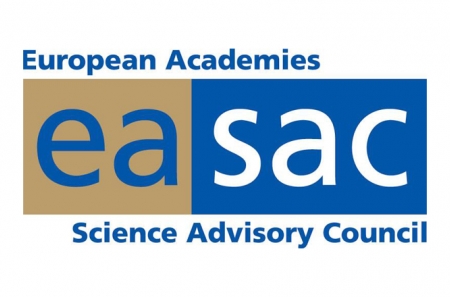
New methods to study health inequalities require investments in data infrastructures, European academies report says
15 November 2021Downloads
A new generation of scientific methods are helping to better understand health inequalities in Europe, but investments in data infrastructures are required to make use of its full potential for informing policymaking, European academies say in a new report.
The COVID-19 pandemic has struck disadvantaged groups in society much more severely than others. As a result, the health gap between socio-economic groups has widened, exacerbating inequalities long known to researchers. A better understanding of these inequalities is therefore more important than ever.
In the Health Inequalities Research: New methods, better insights? report, published today, experts from the European Federation of Academies of Sciences and Humanities (ALLEA) and the Federation of European Academies of Medicine (FEAM) evaluate scientific methods to study health inequalities with the aim of helping to narrow the health gap across Europe.
“In many European countries, differences in average life expectancy at birth between people with a lower and a higher level of education, occupation, or income amount to between 5 and more than 10 years, and differences in healthy life expectancy often amount to even more than 15 years”, the document says.
Issues in the field of health inequalities are not new to policymakers and have, over the past four decades, been studied extensively by researchers from various disciplines. However, there is still substantial uncertainty about several important issues, such as the extent to which socioeconomic disadvantage causally affects health, and the effectiveness of interventions to reduce health inequalities.
In the newly published report, experts on the scientific committee, chaired by the Royal Netherlands Academy of Arts and Sciences (KNAW), conclude that a range of new analytic methods are a “valuable addition to health inequalities researchers’ tool-box” and should be used as a complement to conventional research methods to resolve these issues and reduce the uncertainties.
Examples of such new methods include “counterfactual” approaches to assess the causal effect of socio-economic conditions on health, and “natural experiments” to evaluate the effect of interventions on health inequalities.
Research using these new methods can play an important role in informing policies to narrow the health gap but requires investments in data infrastructures which allow these methods to be applied, the experts highlight.
The experts therefore call on the European Commission and on national governments to support research on health inequalities, including research that takes advantage of variation in socioeconomic conditions, health outcomes and policies between European countries.
Please note that there is a full version of the report including annexes and a shorter version of this publication available to download.
About ALLEA
ALLEA is the European Federation of Academies of Sciences and Humanities, representing more than 50 academies from over 40 EU and non-EU countries. Since its foundation in 1994, ALLEA speaks out on behalf of its members on the European and international stages, promotes science as a global public good, and facilitates scientific collaboration across borders and disciplines. Jointly with its members, ALLEA seeks to improve the conditions for research, to provide the best independent and interdisciplinary science advice available, and to strengthen the role of science in society. In doing so, ALLEA channels the expertise of European academies for the benefit of the research community, decision-makers and the public.
About FEAM
FEAM is the European umbrella group of national Academies of Medicine, Pharmacy and Veterinary Science, or national Academies via their medical division. It brings together under one umbrella 23 National Academies representing thousands among the best scientists in Europe. FEAM’s mission is to promote cooperation between National Academies of Medicine and Medical Sections of Academies of Sciences in Europe; to provide a platform to formulate their collective voice on matters concerning human and animal medicine, biomedical research, education, and health with a European dimension; and to extend to the European authorities the advisory role that they exercise in their own countries on these matters.
About KNAW
The Royal Netherlands Academy of Arts and Sciences (KNAW) is the forum, conscience and voice of science and scholarship in the Netherlands. It derives its authority from the quality of its members. As an independent organisation, the Academy safeguards the quality and interests of science and scholarship and advises Dutch government. It also manages and supports three institutes that provide research infrastructure, and ten national research institutes whose research and collections put them in the vanguard of Dutch science and scholarship. The Academy is the leading authority of the Dutch research community and its foremost representative.



